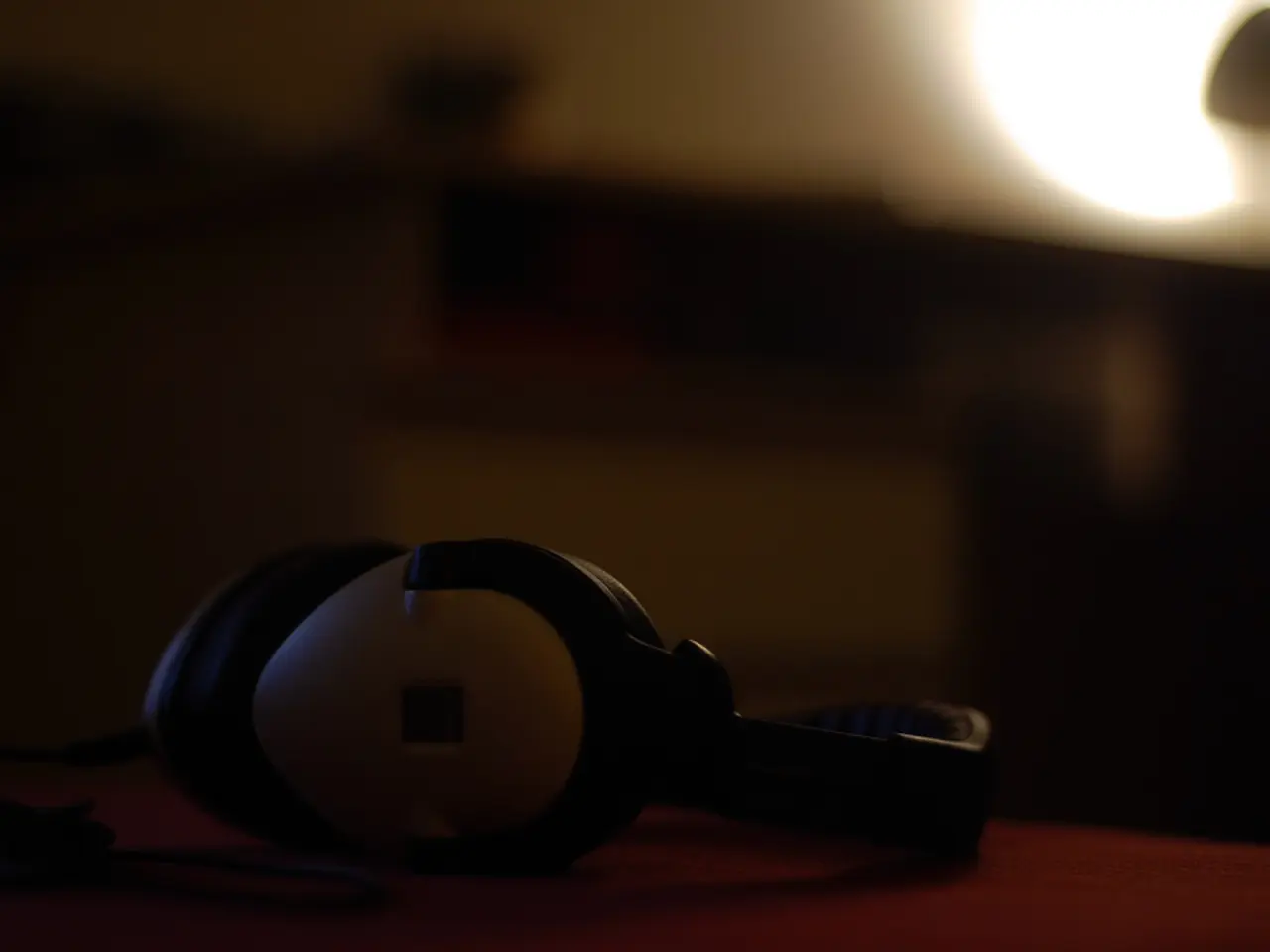Rapid advancements in brain technology in China, with domestic companies like Neuralink counterparts established by Elon Musk starting to face serious competition.
In the rapidly evolving field of brain technology, China's Beinao-1 has emerged as a formidable competitor, making significant strides in the global landscape. As of mid-2025, five ALS patients in China have been implanted with Beinao-1, enabling them to communicate and control devices such as robotic limbs[1][5].
The initial clinical trials are showing promise in helping paralyzed patients interact with computers and robotic limbs, marking significant progress in invasive BCI technology[5]. By the end of 2025, the plan is to increase implantations, with expectations that up to 13 patients could receive the Beinao-1 implant[5].
Beinao-1 is part of a broader Chinese strategy to advance neural interface technology with goals to prove safety and effectiveness for worldwide clinical application[1]. A successor system, Beinao-2 (NeuCyber Array BCI System), is under development and expected to enter clinical validation soon. It offers significant advances, including 3D spatial and multi-dimensional fine neural control, high-throughput flexible microelectrode arrays capable of capturing large-scale neuronal signals, and applications targeting precision motor control, cognitive restoration/enhancement, full-body motion control, and visual function enhancement[3].
Other Chinese innovations like the wireless, battery-free NEO system, implanted beneath the skull but above the brain, promise long-term use with minimal tissue disruption, underscoring China's focus on safety and scalability[5].
While the US has been at the forefront of BCI technology with companies like Neuralink and Synchron, experts like Georgetown’s Prof. Maximilian Riesenhuber view China’s Beinao developments as increasingly competitive, sometimes leading in certain research aspects, despite a later start than the US efforts[1]. As of May, Beinao-1 has implants in a total of five patients, the same number as Elon Musk's Neuralink[2].
China's focus on BCI technology is not just about financial opportunity; it is tied to national ambitions in technology leadership and strategic competition[1]. Under President Xi Jinping, tech innovation has been declared a "frontline" and "main battlefield," reflecting strong state support to accelerate developments like Beinao-1 and Beinao-2[1].
In comparison, Neuralink (US) focuses on advanced neural recording and control, while Synchron (US) human trials focus on practical BCI applications[4]. Neuralink aims for cognitive augmentation, while Synchron is backed by high-profile investors like Bezos and Gates[4].
The coming years will reveal which approach yields the most effective benefits for patients and cognitive enhancement. The market for brain technology was worth about $2.6 billion last year and is expected to rise to $12.4 billion by 2034[6]. Local governments in Beijing, Shanghai, and other major cities have offered support for brain technology companies from research and clinical trials to commercialization[7].
References: [1] Zhang, Y. (2021). China's Brain-Computer Interface Race. The Diplomat. [2] Wang, J. (2021). China's Beinao-1: A Rising Star in Brain-Computer Interface Technology. TechNode. [3] NeuCyber Neurotech. (2021). Beinao-2: The Future of Brain-Computer Interface Technology. NeuCyber Neurotech. [4] Neuralink. (n.d.). Neuralink: Revolutionizing the Future of Neurology. Neuralink. [5] Synchron. (n.d.). Synchron: Pioneering Brain-Computer Interface Technology. Synchron. [6] MarketsandMarkets. (2020). Brain-Computer Interface Market by Application, Component, and Region - Global Forecast to 2030. MarketsandMarkets. [7] Li, J. (2020). China's Brain-Computer Interface Industry: A New Frontier in Tech Innovation. China Daily.
- The world is witnessing intense competition in the realm of brain technology, with China's Beinao-1 making strides and challenging global players like the US's Neuralink and Synchron.
- China's Beinao-1, currently implanted in five ALS patients, demonstrates significant progress in invasive Brain-Computer Interface (BCI) technology, enabling communication and control over devices such as robotic limbs.
- In the near future, China plans to expand the implantations of Beinao-1 to up to 13 patients, with the expectation of further advances in medical-conditions like neurological disorders.
- Aside from Beinao-1, China is developing a successor system, Beinao-2, which leverages technology such as artificial-intelligence and 3D neural control to target precision motor control, cognitive restoration/enhancement, full-body motion control, and visual function enhancement.




